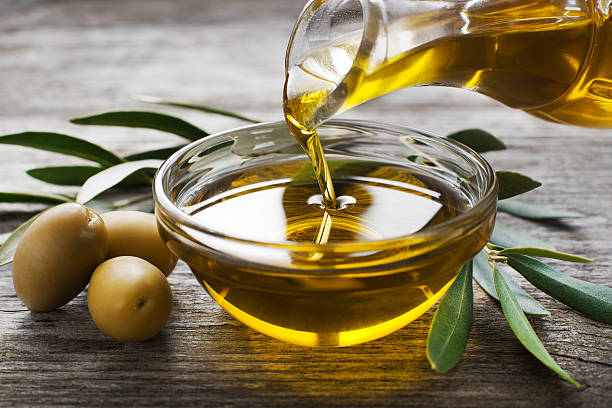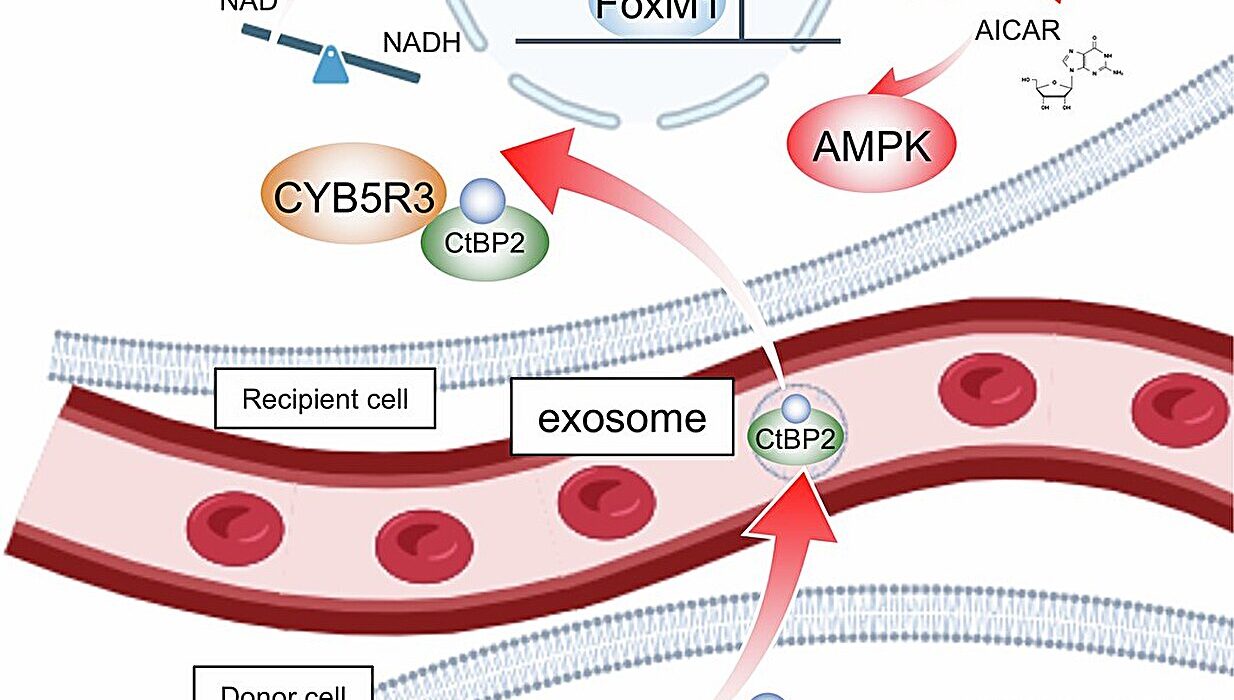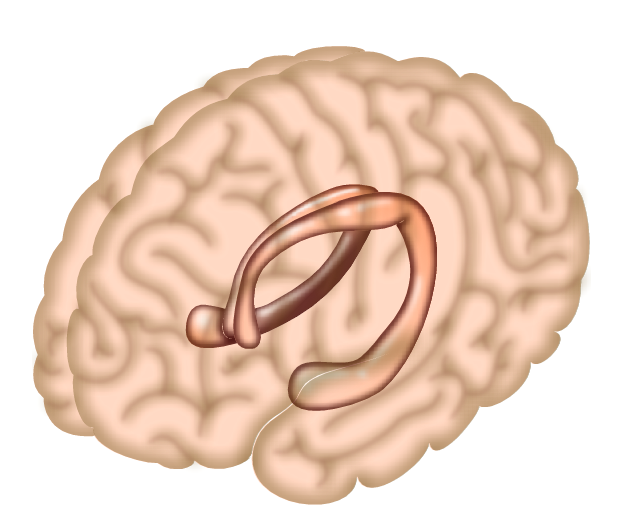In the world of nutrition and obesity research, the relationship between fat consumption and weight gain is a topic that has long fascinated scientists. A recent study published in Cell Reports reveals a surprising new twist in this complex tale — one that involves oleic acid, a fatty acid commonly found in olive oil. The research suggests that oleic acid could have a more significant role in driving obesity than other types of dietary fats, potentially offering new insights into the health risks associated with a high-fat diet.
This study, conducted by a team led by Dr. Michael Rudolph, assistant professor of biochemistry and physiology at the University of Oklahoma College of Medicine, and involving collaborators from Yale University School of Medicine and New York University School of Medicine, sheds light on the ways in which specific types of fats in our diet influence the growth of fat cells.
The findings may change the way we think about fats, particularly those that we consider “healthy,” like the monounsaturated fats in olive oil. So, what exactly did the research uncover, and why is it important for our health?
Oleic Acid and the Creation of Fat Cells
At the heart of the study lies oleic acid, a type of monounsaturated fat that has long been praised for its role in heart health, particularly in Mediterranean diets. The researchers discovered that oleic acid does more than just promote the storage of fat. It actively stimulates the production of new fat cells — a process known as adipogenesis.
Adipogenesis occurs when precursor cells, called preadipocytes, transform into mature fat cells. These fat cells are critical to the body’s ability to store energy in the form of fat. According to the study, oleic acid accelerates this transformation by boosting a specific signaling protein known as AKT2 while reducing the activity of another regulatory protein called LXR. In simple terms, oleic acid promotes the creation of more fat cells, which could ultimately lead to an increase in fat storage.
The study’s findings are significant because they reveal that the types of fats we consume could influence not only the storage of existing fat but also the creation of new fat cells. This process could contribute to obesity, especially when coupled with excess calorie intake.
Dr. Rudolph explained, “We know that the types of fat that people eat have changed during the obesity epidemic. We wanted to know whether simply overeating a diet rich in fat causes obesity, or whether the composition of these fatty acids is important.”
How Oleic Acid Compares to Other Fats
To understand the unique role of oleic acid, the research team conducted an experiment in which mice were fed diets enriched with different types of fatty acids. These included fatty acids found in coconut oil, peanut oil, milk, lard, and soybean oil, alongside oleic acid-rich olive oil.
While all of these fats were found to promote some degree of fat storage, oleic acid was the only fatty acid that significantly increased the proliferation of preadipocytes — the precursor cells that eventually become fat cells. The researchers noted that oleic acid acted as a “trigger” that caused these cells to multiply more than other fats.
In simpler terms, imagine your fat cells as soldiers in an army. When you consume oleic acid, you increase the number of “soldiers” — which means a larger capacity to store extra dietary nutrients. However, if you continue to consume excess nutrients, these extra “soldiers” will eventually be overwhelmed, leading to obesity.
As Dr. Rudolph put it: “When you give oleic acid, it initially increases the number of ‘fat cell soldiers’ in the army, which creates a larger capacity to store excess dietary nutrients. Over time, if the excess nutrients overtake the number of fat cells, obesity can occur, which can then lead to cardiovascular disease or diabetes if not controlled.”
This phenomenon may explain why olive oil, despite its health benefits, could still contribute to obesity if consumed in excessive amounts. The key here is moderation. While oleic acid itself isn’t inherently harmful, its prolonged consumption in high amounts might be.
The Growing Presence of Oleic Acid in Our Diets
One of the most concerning aspects of this study is the increasing prevalence of oleic acid in modern diets. As food processing has become more sophisticated, there has been an increase in the use of oleic acid-rich oils, particularly in fast food and highly processed foods.
For example, fast food chains often use oils high in oleic acid due to their stability at high temperatures, making them ideal for deep frying. This means that even if a person is consuming a diet that appears relatively healthy — with salads, coffee creamers, or other oils — they may be consuming more oleic acid than they realize.
In many parts of the world, access to fresh fruits and vegetables, as well as healthier food options, is often limited by cost and availability. In such areas, processed foods and fast food, rich in oleic acid, can become the go-to choice due to their affordability and convenience. This dietary shift, combined with larger portion sizes and sedentary lifestyles, may partly explain the rising rates of obesity and related health conditions globally.
Moderation and Balance: The Key to Health
While the research does not suggest that oleic acid is inherently “bad” for health, it does highlight the importance of moderation in its consumption. The key takeaway from this study is that consuming fats from a variety of different sources is crucial for maintaining a healthy balance.
Dr. Rudolph emphasized the importance of balance in the diet: “I think the take-home message is moderation and to consume fats from a variety of different sources. Relatively balanced levels of oleic acid seem to be beneficial, but higher and prolonged levels may be detrimental.”
This means that while olive oil — a primary source of oleic acid — can have health benefits, including reducing inflammation and improving heart health, overconsumption could have negative effects. In fact, individuals at higher risk for heart disease or those looking to lose weight may want to reconsider excessive use of oleic acid in their diet.
By consuming a wide variety of fats, including those from fish, nuts, seeds, and plant oils, individuals can help avoid the potential drawbacks of over-relying on any single type of fat. A diverse range of fats ensures that we get the essential nutrients our bodies need while preventing the negative consequences of consuming too much of any one fat molecule.
Implications for the Future of Obesity Research
This study provides important new insights into how different types of fats affect our health, particularly in the context of obesity. It underscores the complexity of the relationship between diet and weight gain, highlighting that the specific composition of fats may be just as important as their quantity.
Future research could explore the molecular mechanisms underlying the action of oleic acid in greater detail, particularly how it interacts with other metabolic pathways in the body. Additionally, studying the impact of various dietary patterns — rather than isolated nutrients — could lead to more comprehensive strategies for addressing obesity and related diseases like cardiovascular disease and type 2 diabetes.
As we learn more about the different roles fats play in our diet, it may become possible to create personalized dietary recommendations that can help people maintain a healthy weight without sacrificing the nutritional benefits of healthy fats.
This research reinforces the need for more careful consideration of the fats we consume, urging a shift toward balanced diets that incorporate a variety of fat sources. While olive oil and its oleic acid content have well-documented health benefits, like any nutrient, moderation remains the key. So next time you drizzle that golden oil over your salad, remember: it’s not just about the fat content, but the balance within your entire diet that matters most.






